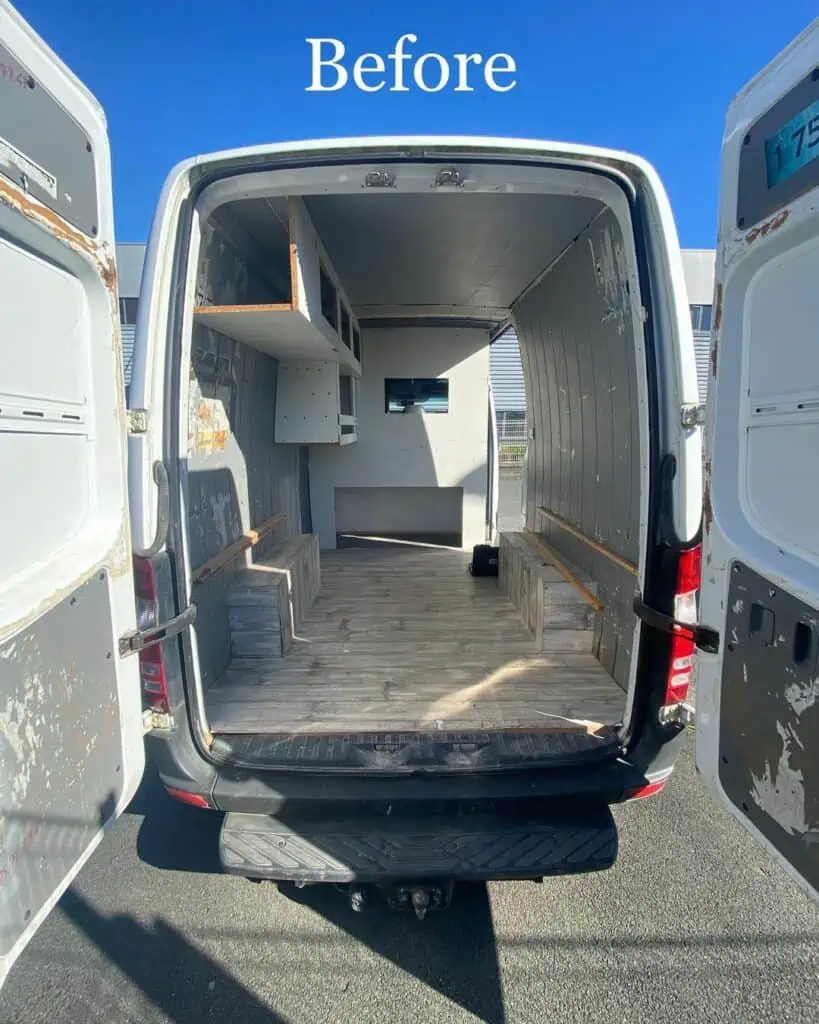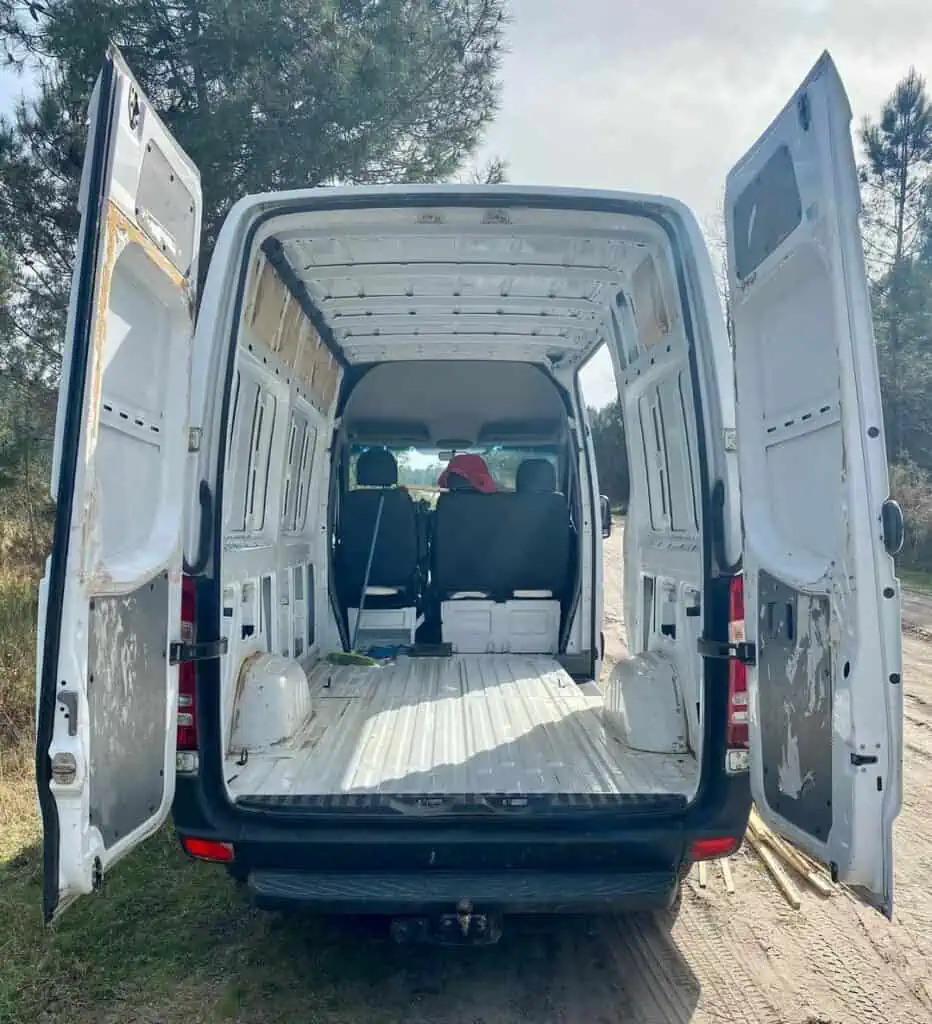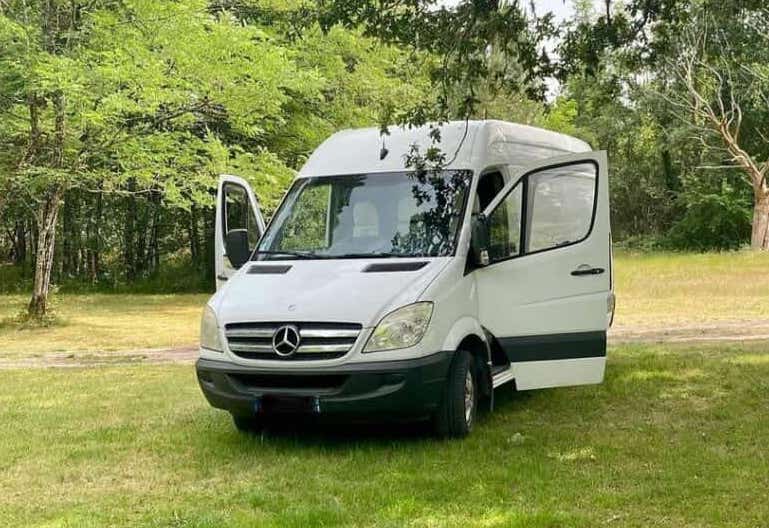This week’s episode is all about the philosophy that helped shape a nomad’s life.
Teekay Rezeau-Merah talks to Ethan about veganism, extreme minimalism, and nomadism and the principles that guide him in this world.
Subscribe to Tiny House Lifestyle Podcast via Apple Podcasts, Spotify, Google Podcasts, More…
In This Episode:
- How veganism led to minimalism
- The nomadic mindset
- Slow living and the nomadic lifestyle
- Pingu the Campervan
- Positive effects of chronicling a minimalist’s journey
Links and Resources:
In our modern world, we are constantly bombarded with an overwhelming amount of information, stimuli, and possessions. According to a recent study, the average American household contains over 300,000 items. This abundance can lead to feelings of stress, clutter, and a sense of being overwhelmed.
Enter the world of minimalism, a philosophy centered around the concept of living with less. Minimalism can take on many forms, from reducing physical possessions to simplifying one’s schedule, digital life, and overall consumption.
Ethan recently had the opportunity to interview Teekay Rezeau-Merah, a leading expert in the field of extreme minimalism, to gain insight into how we can incorporate this philosophy into our lives. Here are some key takeaways from his discussion:
Embrace simplicity
The foundation of minimalism is simplicity. This means identifying your essentials and getting rid of everything else. Keep only what is necessary for your daily life, and avoid impulse buying. In doing so, you’ll find freedom in simplicity.
Choose quality over quantity
Minimalism isn’t just about owning fewer things. It’s about owning high-quality, long-lasting items that serve a purpose. This means investing in items that are durable and timeless, rather than trendy or disposable. Doing so not only saves you money in the long run but also reduces your impact on the environment.
Reduce digital clutter
In today’s world, digital clutter can be just as overwhelming as physical clutter. To reduce digital clutter, unsubscribe from unnecessary emails and newsletters, delete apps and files you don’t use, and streamline your social media and email communication. Doing so can reduce stress and increase productivity.
Practice mindful consumption
Minimalism isn’t just about owning less; it’s also about being mindful of what you do own. Consider the environmental impact of your purchases, choose ethical and sustainable products, and be mindful of your carbon footprint. When you’re intentional with your consumption, you’ll find that you appreciate the things you own more and waste less.
Simplify your schedule
We live in a world that glorifies busyness, but that doesn’t mean it’s the healthiest way to live. To simplify your schedule, prioritize your most important commitments, learn to say no to nonessential activities, and create space for rest and rejuvenation. A simpler schedule can lead to a more fulfilling life.
Incorporating minimalism into your life may not be easy, but it can lead to a more intentional, fulfilling, and stress-free way of living. By embracing simplicity, choosing quality over quantity, reducing digital clutter, practicing mindful consumption, and simplifying your schedule, you can begin to experience the benefits of minimalism in your own life.
As Teekay Rezeau-Merah shared in our interview, “Minimalism is a mindset that allows you to focus on what truly matters. It’s not just about owning less, but about creating space for the things that bring you joy and fulfillment.”

Before

Work in progress
